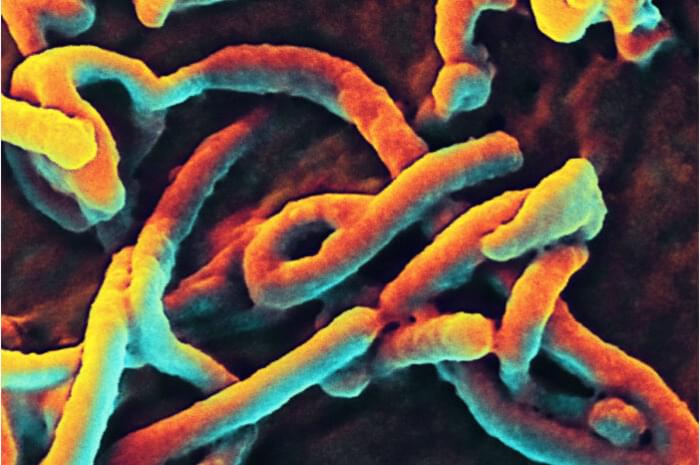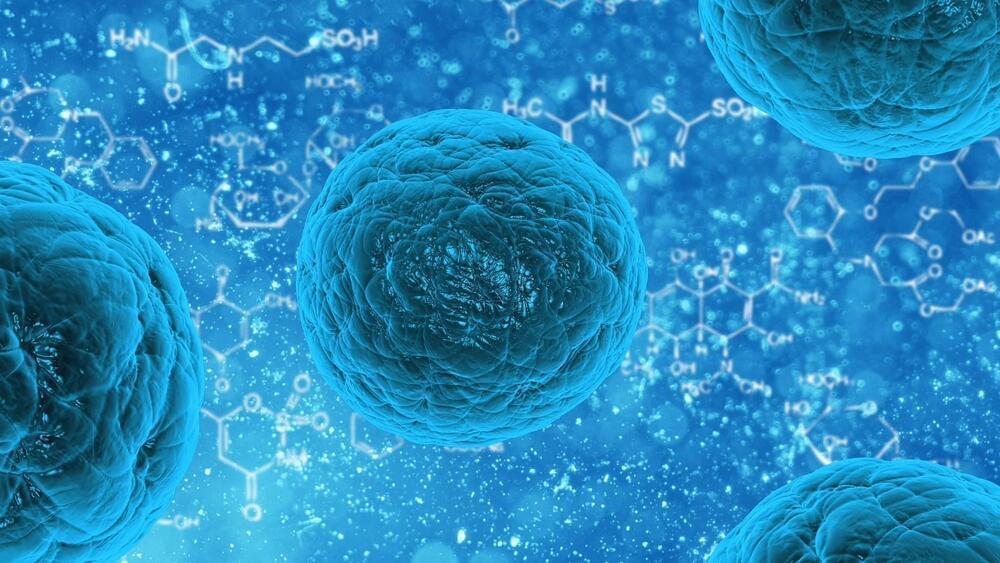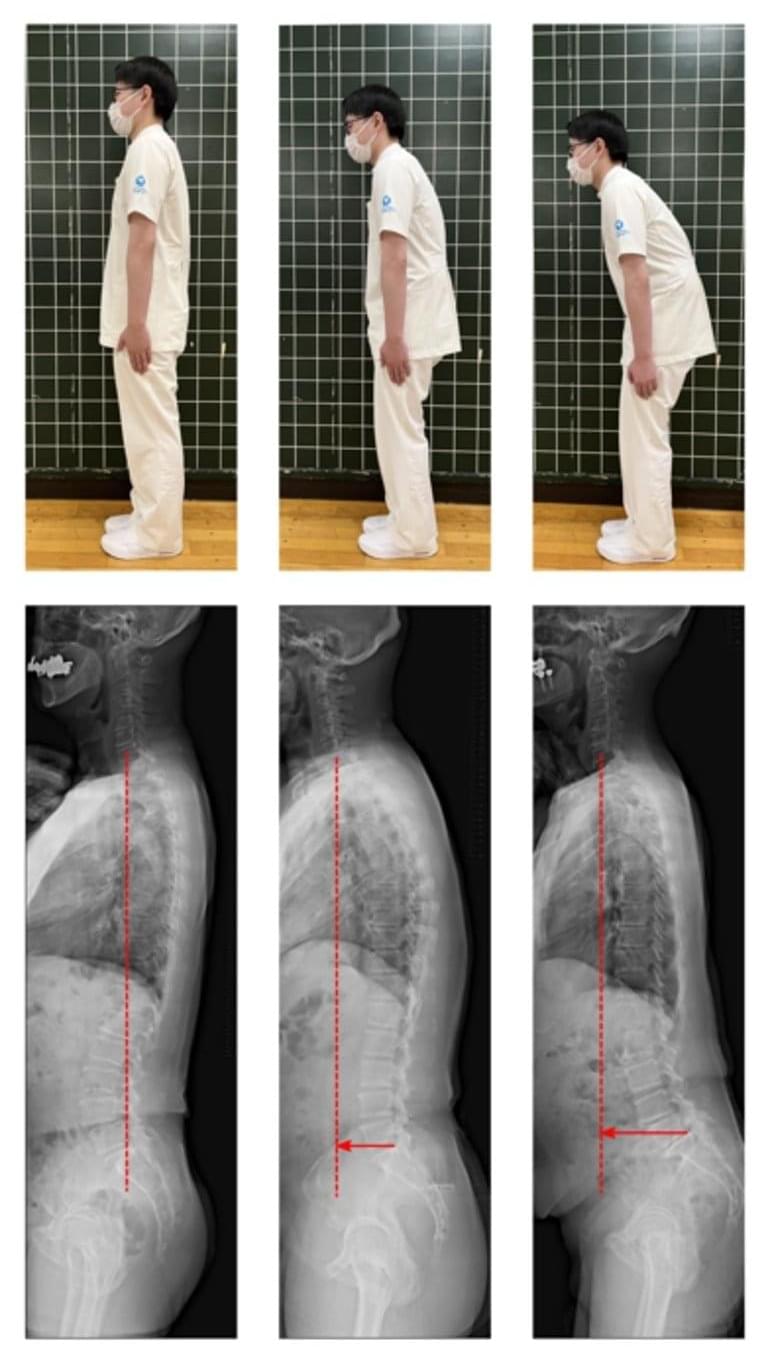A new tool can quickly and reliably identify the presence of Ebola virus in blood samples, according to a study by researchers at Washington University School of Medicine in St. Louis and colleagues at other institutions.
The technology, which uses so-called optical microring resonators, potentially could be developed into a rapid diagnostic test for the deadly Ebola virus disease, which kills up to 89% of infected people. Since it was discovered in 1976, Ebola virus has caused dozens of outbreaks, mostly in central and west Africa. Most notable was an outbreak that began in 2014 and killed more than 11,000 people in Guinea, Sierra Leone and Liberia; in the U.S., the virus caused 11 cases and two deaths. A rapid, early diagnostic could help public health workers track the virus’ spread and implement strategies to limit outbreaks.






